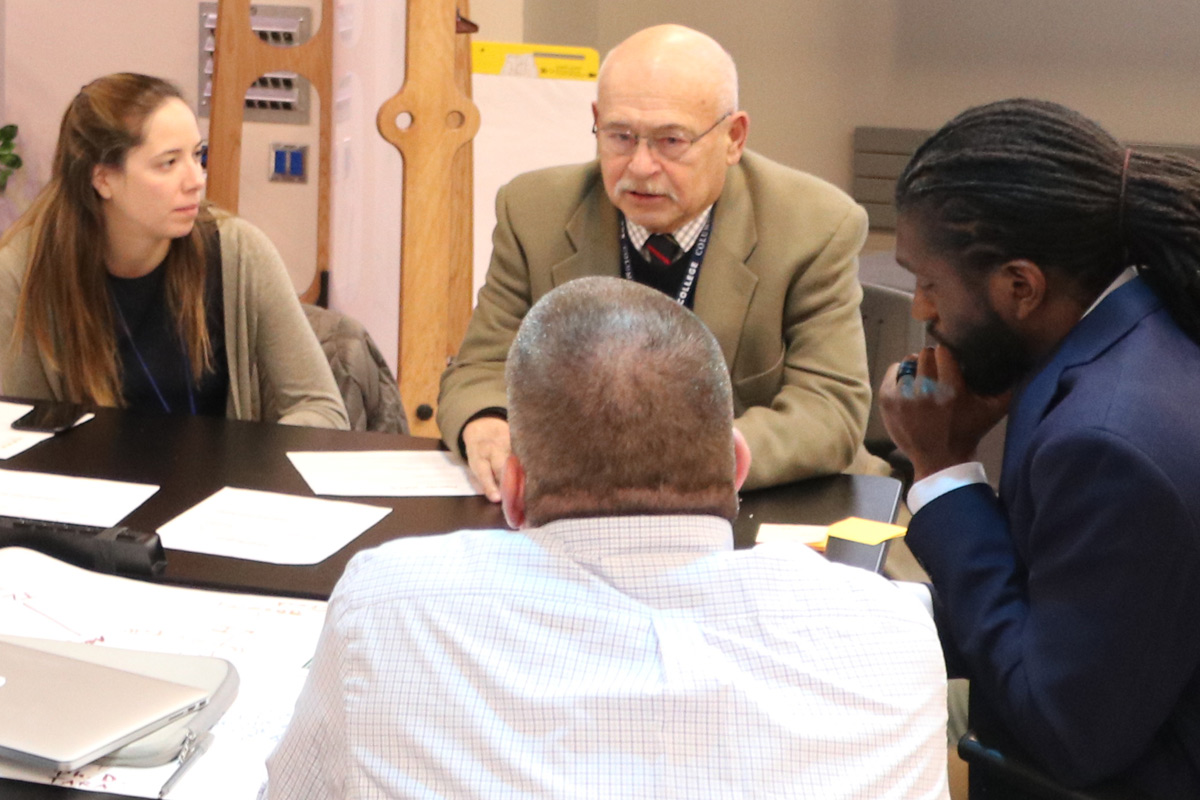Forty years ago, English teacher Fred Cohen was winding up a three-week unit on John Hersey’s Hiroshima when it became clear -- with the school’s principal looking on -- that one of his students couldn’t read.
“At one point, I said something about ‘when we dropped the bomb,’ and this girl said. ‘We?’ And I realized that she was a non-reader. So the first thing I did was to get her school record, which every teacher should have before a semester begins.”
Cohen went on to serve as a principal and deputy superintendent. In his 54 years as an educator, he’s seen fads come and go – “I don’t think it’s possible to create an individualized educational program for every student when you have 30 or more in a class, but you must have a skills profile of every student in order to teach successfully.” He’s become convinced that poverty and lack of school resources are the biggest barriers to success. But he’s continued to believe in the importance of knowing about one’s students – which is why it may be now, as a consultant to the Nassau County BOCES data warehouse, that he’s making his most important contributions.
I live data. I work with the programming people to create reports for teachers. As a former teacher, I know what they want.
—Fred Cohen
“I live data,” he said in December at a conference on education data use, chaired by TC’s Alex Bowers, Associate Professor of Education Leadership. “I work with the programming people to create reports for teachers. As a former teacher, I know what they want.”
For example, most teachers want to know “how a kid did on every aspect of the Regents.” So in 2003, Cohen began developing reports that “let you see how your district and school did versus others on every Regents question or versus yourself the previous year. So you can ask, why would I do better than others on every question except this one?” The report, which Cohen initially did by hand in an Excel spread sheet, also provides a wrong answer summary assessment.
Lately I’ve been learning about social and emotional learning data. What if a kid in your class has a parent that died? Wouldn’t you absolutely want to know that?
—Fred Cohen
Cohen says he respects (but disagrees with) teachers who prefer to form their own judgments of students before looking at data. He also understands that teachers are over-burdened and suspicious of numbers that are used to rank their performance. Still, his advice to all educators is “Use the data you have.”
“Lately I’ve been learning about social and emotional learning data,” he says. “What if a kid in your class has a parent that died? Wouldn’t you absolutely want to know that? Data sets include more than test scores. Within the bounds of privacy laws, teachers should have access to any data that builds bridges, emotional and intellectual, between student and teacher.”
